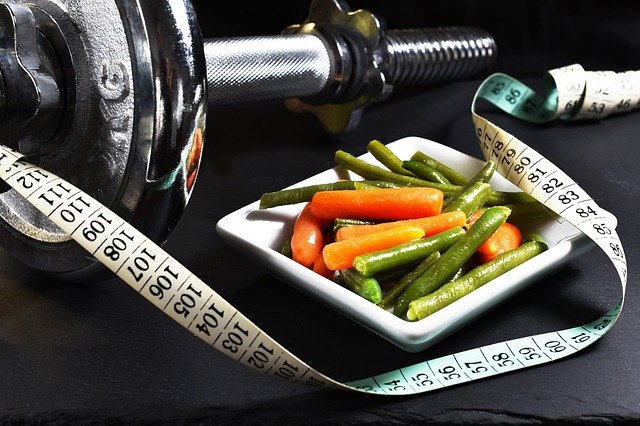
Remember the time when many of us could eat cheat foods a lot more than we do now, and our body could quickly burn it off? A pizza, your favourite burger or that piece of cake you couldn’t keep your hands off – we could eat them without a worry in the world. Now, it’s more challenging to digest and burn off this kind of food and the biggest reason is the reduced metabolism after ones 30’s. So, to pump up your metabolism after your 30s, you must understand it better.
What happens to your metabolism as you age?
After your 20s, your metabolism reduces by almost 10% every decade. By the time you are in your 30s, your body isn’t producing as much human growth hormone as before – thus, your metabolism isn’t what it used to be and your natural ability to burn calories decreases. The hormonal changes that occur in your body include imbalances in estrogen, progesterone, prolactin and insulin.
Every year, as you age, the fat % increases in your body, and there is a natural decline in muscle mass. All these changes in your body impact your metabolism. In addition, there are some lifestyle factors that further affect your metabolism.
Lifestyle factors that impact Metabolism:
1. Lack of physical exercise
Exercise improves your muscle mass and decreases fatty tissue. An active Muscle Mass helps to improve the metabolism, so if you don’t exercise regularly, your metabolism is directly impacted.
2. Long sitting hours
Metabolism slows down 90% after just 30 minutes of sitting. Even if you have worked out or exercised, sitting for long continuous hours will reduce your metabolism— something to watch out for, especially when you’re working from home.
3. Sleep deprivation
Lack of good quality and quantity of sleep increases the hunger hormone ghrelin, which leads to increased intake of food and reduces your body’s capacity to burn calories – thus, affecting the metabolism.
4. Crash diets
Often crash diets focus on reducing calorie intake drastically. With very low calorie intake, your body thinks you are starving. So, as a protective mechanism, your body slows your metabolism to conserve energy.
5. Consuming empty calories
Fat and sugar laden foods (which give you calories but have little nutrition value) increase fat deposition around the abdominal region, thus making your metabolism sluggish.
What can you do to pump up your metabolism?
Here are some simple ways to boost your metabolism, especially after your 30s:
- B-Vitamins: Consume sufficient B-Vitamins (Vitamin B12, Folic Acid, Thiamin). B-Vitamins metabolize Carbs, Proteins and Fats – so a deficiency of these directly impacts metabolism.
- Nutrient Dense Foods: Avoid empty calorie non-nutrient foods. Foods high in Fat, Sugar and Preservatives (convenient, packaged, processed foods) make your metabolism sluggish. Consume wholesome, nutritious foods, nutrient-dense and high fibre foods that help boost metabolism.
- Strength Training: Strength training can help you build muscle mass, which keeps your metabolism at a higher pace.
- Water: Consuming sufficient water at regular intervals throughout the day can boost your metabolism by nearly 30% (adequate and regular intervals are equally important).
Incorporate these simple but effective ways to boost your metabolism so that you can sustain your health and wellness even after your 30s.
Read more by the Curo Wellness
Share
Picture Credit : zuzyusa from Pixabay

NICE INFORMATION..
Thank you 😊
Curo Wellness
Nice Summarized Article on Metabolism.
It’s Cause and Remedies 👍
Thank you
Best Wishes,
Curo Wellness